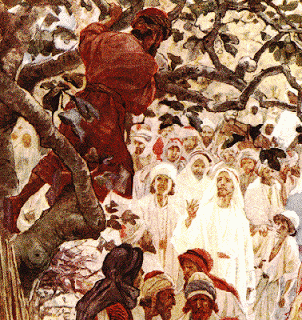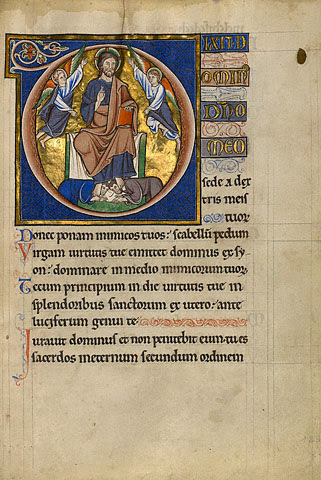 |
| Halloween jack-o-lanterns (pixabay.com) |
TO CHEW ON: “‘And you shall know the truth, and the truth shall make you free.’” John 8:32
Today is Halloween. Tonight children dressed up in all kinds of costumes, cute to ghoulish, will knock on doors and expect us to toss candy into their plastic jack-o-lanterns or pillow cases. It’s a lot of fun for the kids. Many consider it the highlight celebration of the year.
Halloween’s roots are not quit as innocent. The Samhain holiday observed by the Celts on this day was a time that spirits of those who had died in the last year were believed to roam. People offered food and drink to ward off these spirits.
When the Romans conquered Britain, the holiday morphed into a harvest celebration honouring the fruit tree goddess Pamona. During the Middle Ages, the day—though officially abandoned—took on religious overtones linked to the Christian belief in evil spirits (info from The Christian Almanac by George Grant & Gregory Wilbur, p. 639).
The modern celebration seems to get bigger each year with store displays for Halloween set up earlier and targeting a wider age range. Though it is mostly lighthearted and fun for the children, the creatures associated with it—skeletons, witches, ghosts, vampires, werewolves etc.—honor death, fear, the occult, the paranormal.
Because of the above, I have always felt uneasy about celebrating Halloween. It seemed contradictory to me to honor forces and beings of darkness when I claimed to belong to the creator and bringer of light. A friend of mine who works in the deliverance ministry recently asked for more prayer covering because she deals with a lot of deep and real darkness rooted in occult involvement.
And so this Halloween day, let’s focus on Jesus who said earlier in John 8: "'I am the light of the world. He who follows Me shall not walk in darkness but have the light of life'" - John 8:12, “'I am the way, the truth and the life'” - John 14:6 and “'You shall know the truth and the truth shall set you free.'” - John 8:32.
PRAYER: Dear Jesus, thank You for defeating all the power of the evil one. Your shed blood on the doorposts of my life means he can’t touch me. I pray protection on families, homes and communities tonight when darkness is celebrated as innocent fun. Amen.
MORE: The Vigil for All Saints Day
Some churches celebrate a Vigil for All Saints Day. An article on the Share Faith site describes the vigil and what it means in different denominations:
"All Saints Day begins with a vigil, the observance of which originated with the Antioch Church. The night time hours of All Saints are devoted to prayer and fasting. The Catholic ceremony for the day is a solemn one, and includes the observance of Mass, followed by prayers offered to the Virgin Mary and all the saints. Lutherans and Episcopalians remember the day by giving thanks to God for all saints, living and dead. The Orthodox Churches continue to honor all Christian martyrs on the first Sunday after Pentecost." Read the entire article...*************
Unless otherwise noted all Scripture quotations are taken from the New King James Version®. Copyright © 1982 by Thomas Nelson, Inc. Used by permission. All rights reserved.



















